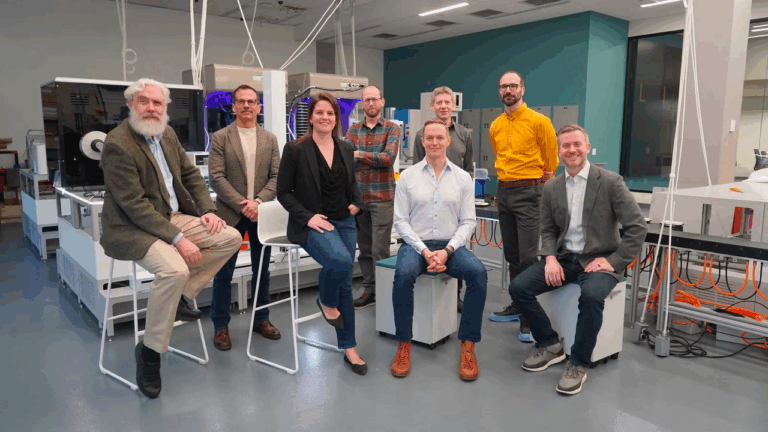Command Palette
Search for a command to run...
Will Academic Conferences Change? Hinton Calls on the AI Community to Hold Remote Meetings

The global spread of the COVID-19 pandemic has disrupted the plans of a large number of companies. Major technology industry conferences that should have been crowded have changed their schedules due to the pandemic. Geoffrey Hinton, the winner of the 2018 Turing Award, called today for all kinds of computer field conferences to be held remotely. It seems that "remote" and "online" have become the new trend now.
The impact of the epidemic on the world continues to expand, and the operating plans of a large number of technology companies have also been disrupted. There have been reports of various technology conferences being canceled, postponed, or moved online due to the epidemic.
Previously, we published《Due to the global epidemic situation, Google temporarily cancels the Cloud Next offline conference》, which also mentioned the changes in a series of highly anticipated conferences such as MWC, GTC, and F8 due to the epidemic. Google then announced yesterday that it would cancel the Google I/O offline conference originally scheduled for May 12-14, and is considering holding the conference in other forms.

Google cancels Google I/O offline conference again
Just today,Geoffrey Hinton, the "Father of Deep Learning" and winner of the 2018 Turing Award, also called on organizers of major computer field conferences to hold remote meetings on Twitter.
Geoffrey Hinton tweeted, calling on organizers of data science and machine learning conferences (NeurIPS, ICML, AISTATS, ICLR, UAI, etc.),Consider remote paper and poster presentations at conferences.

In addition to the appeal, he also attached a petition and called on everyone to sign it.Yoshua Bengio, another giant in the field of deep learning, is one of the initiators of this petition.It seems to be encouraging people to sign the petition, and then mentions this point in the first blog post.

Although the content of the petition was based on carbon emissions concerns, the remote meeting attracted more attention due to the impact of the epidemic.
Here is what the petition says:
Machine learning practitioners or data scientists are very sensitive to climate issues, so we pay close attention to the carbon emissions caused by conference travel. Although it is difficult to participate in some academic exchanges without travel, we also believe that appropriate remote methods will be a way to replace existing methods.
Some conferences have begun to provide remote participation via the Internet. However, most academic conferences still strictly require participants to attend in person. Especially in the field of machine learning, conference attendance plays an important role in academic exchanges and career development, and some young scientists choose to give up some important conferences because the conference venue is too far away.
We hereby request that all academic conferences, especially those in the field of machine learning (NeurIPS, ICML, AISTATS, ICLR, UAI, etc.), introduce the option of remote presentation of papers or posters, so that everyone can voluntarily decide whether to attend on-site based on carbon emissions and their own conditions. We insist that remote presentations will reduce environmental pollution caused by travel.
Remote presentation, a seemingly new method, may be challenging for presenters and audiences, but it is not difficult to implement with the help of some current mainstream technologies.
For example, the organizers can print and display posters, and the audience can log in to the remote author's video conference by scanning the QR code. In the long run, remote conferences need a more mature coordination model to solve the problem of researchers being unable to attend in person.
If computer scientists, who are closely connected to the use of communications systems to reduce traffic and organize scientific exchanges efficiently, don't lead this reform, who else can do it?
The Paris Agreement requires that in order to curb global warming, the temperature rise this century should not exceed 2 degrees Celsius, and global emissions must be reduced to an average of 2-3 tCO2eq/person.
The emissions from an intercontinental round trip are typically one to two times this amount (2-5 tCO2eq).
Therefore, we advocate sustainable development initiatives to reduce carbon emissions during navigation, such as purchasing emission certificates, and we also recommend holding events locally to shorten travel distances to within the reach of trains.
We call on future conference organizers to follow these principles and actively develop, test, and promote new remote incentive strategies to significantly reduce the total CO2 emissions from conference travel and maintain fairness for those who live too far from mainstream conference locations.
-- over--








